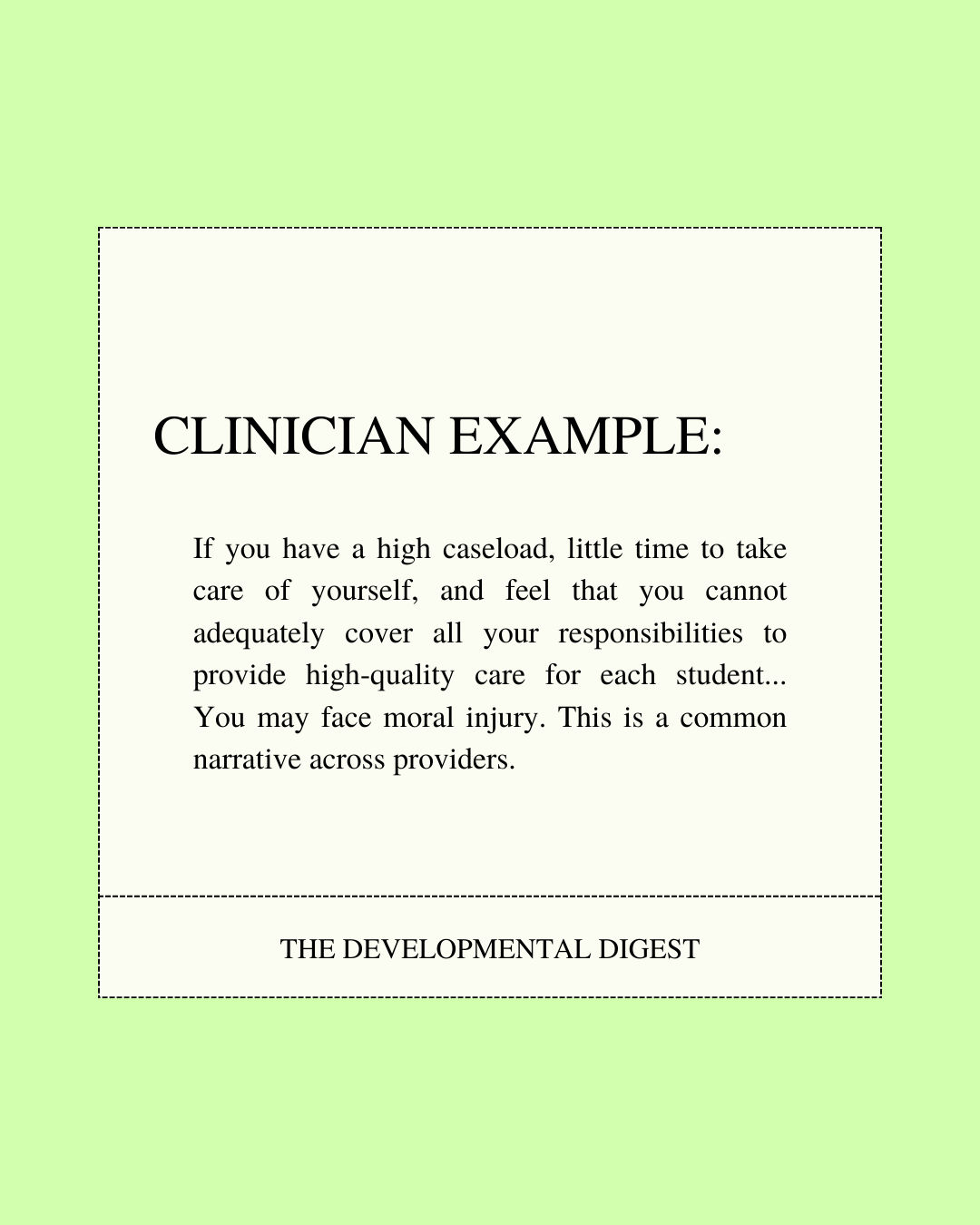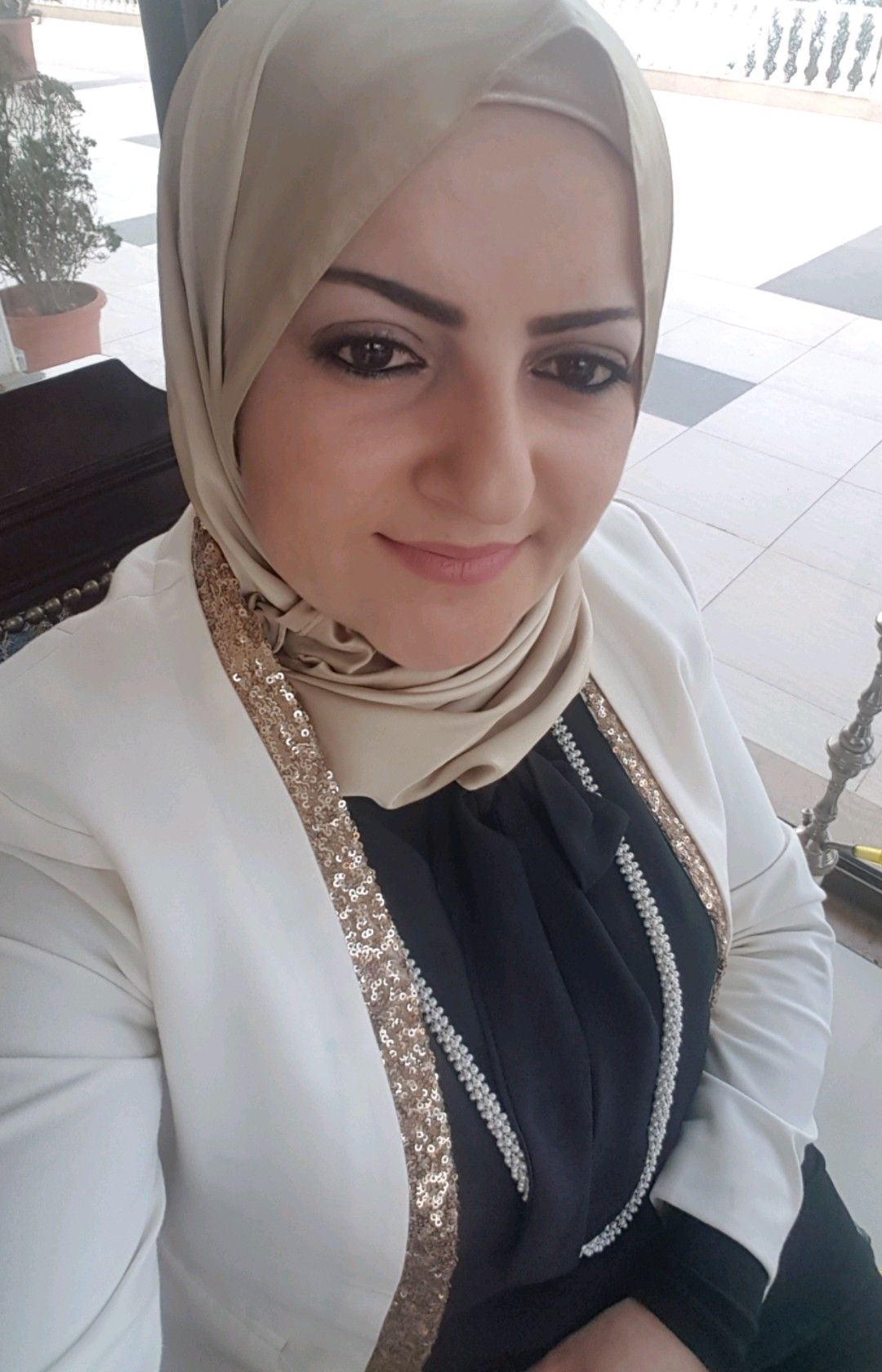I feel that this is the best kept secret in our field. Did you know there is a phonemic inventory list that helps us learn the dialectal differences in several different cultures??? You can view them HERE: https://www.asha.org/practice/multicultural/phono/
Excited to share our latest episode of "Regulation, Mindset & Launching Your Own Business: An SLP's Guide" featuring the amazing Emma Provenzano! 🚀
Join us as we delve into Emma's inspiring journey from being an interpreter in special education to becoming a successful speech-language pathologist. Emma offers invaluable insights for parents, speech therapists, and anyone seeking to enrich their lives.
Did you know ASHA has a social justice framework that helps it's members determine if human rights have been violated in our profession? You can check out the document here: https://www.asha.org/about/ashas-social-justice-framework/
According to Hyter & Salas-Provance (2023), privilege is "unearned opportunity and advantage given to or made available to certain groups based on identity, such as race, gender and religious background, and maintained by unequal power relations between individuals or groups."
It's necessary to reflect on how privilege shows up in our lives as service providers. By checking our privilege we can also contribute to equity and equality in our society.
My main dharma (life purpose) is helping bridge gaps between cultures so we can live in a more harmonized society. I practice my dharma in SLP by educating healthcare providers and educators on culturally responsive practices! I'm excited to announce by the end of this week I will be a certified Dharma (Soul Purpose) Life Coach, helping professionals across industries create fulfilling careers by living their purpose.
Join us at Developmental Digest as Angelyn Franks, SLP.D, CCC-SLP unlocks the secrets to recognizing and combating burnout in clinical practice. Learn the importance of awareness and practical strategies for integrating mindfulness into your daily routine and reclaiming your well-being.
https://nataliemarieslp.com/podcast/burnout-mindset-afrank
Whether you're a speech pathologist, educator, parent, or simply passionate about self-care, this episode promises invaluable insights for all. Don't miss out—tune in now and take the first step towards a healthier, more fulfilling professional life.

If you're studying for the SLP Praxis® exam, I highly recommend building a habit of meditation.
I started meditating in graduate school.
I didn’t exactly know what I was doing, but I trusted the guided meditations on the Insight Timer app to ground me as I navigated the grad school storm.
Without my meditation habit, I wouldn’t have cultivated the intuition that’s helped me:
💖 Create a Praxis study plan aligned with my schedule
💖 Overcome limiting beliefs keeping me in self-doubt and scarcity
💖 Use my intuitive guidance to answer Praxis test questions correctly (leading to a 172 score)
💖 Trust myself enough to take BIG LEAPS OF FAITH to become the SLP my inner child marvels at every day.
Meditation has been one of my favorite tools for visualizing my success until I am living in that reality.
Just 3 minutes a day of mindful breathing can make a difference!
P.S. I love helping aspiring SLPs pass the Praxis so they can create their dream careers in speech pathology.
If you want to pass the SLP Praxis® the first time, DM me the word “COACHING”
💖 And let’s chat to see how I can coach you through your limiting beliefs, help you create a personalised study plan, and fast track your way to SLP Praxis® success and your dream career in speech pathology!
Lookout for weekly tips on how you can pass the SLP Praxis® exam by up levelling your mindset, using a study strategy and maintaining your “Why”.
📌Save for later and send to your speech bestie!
Did you know April is Autism and Neurodiversity Awareness Month? Watch my Youtube LIVE replay with Dr.Karen-Dudek-Brannan, PhD, CCC-SLP on how to conquer executive functioning challenges in the clinical and educational setting HERE: https://youtube.com/live/LjL6zGBomuI?feature=share
Your mental health is no less important than your physical health
As Brain Injury Awareness Month comes to a close, I’m reflecting on my journey as a speech therapist and how it intersects with my personal experience of suffering a concussion in high school. Concussions, often termed as mild traumatic brain injuries, can have significant impacts on various aspects of life. In this video, I delve into what a concussion entails, how speech therapists play a vital role in aiding recovery, and other therapy considerations.
Watch to learn more: https://youtu.be/eShIiRgsdI0?si=2Drtq0QkiysUXqzE


